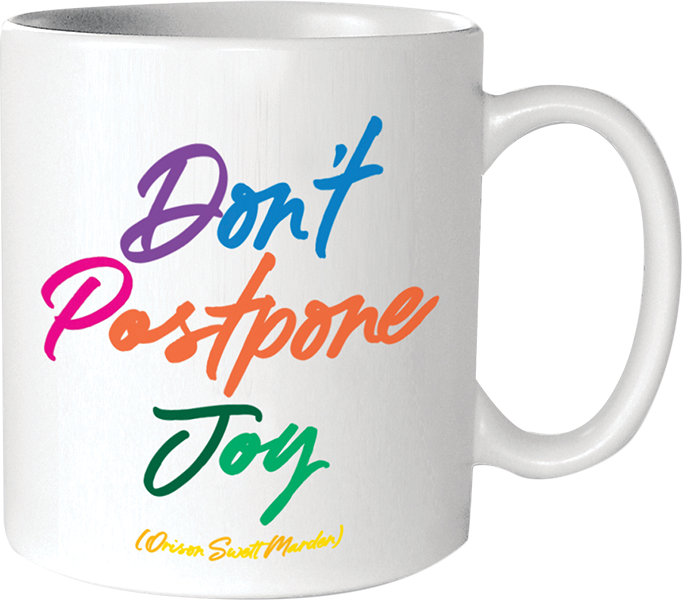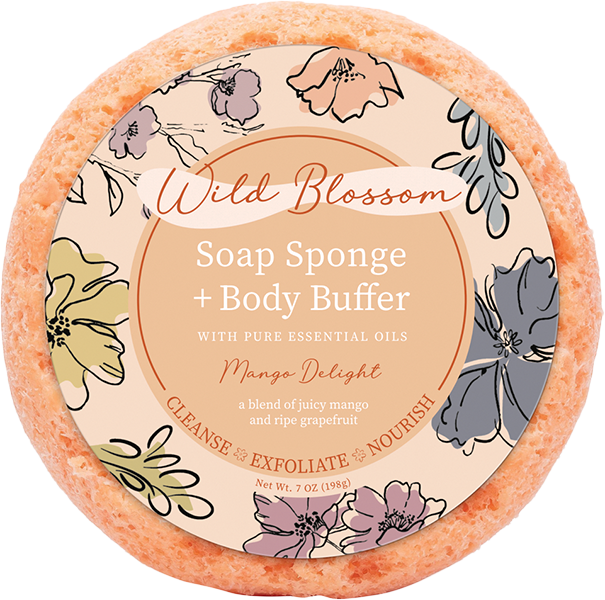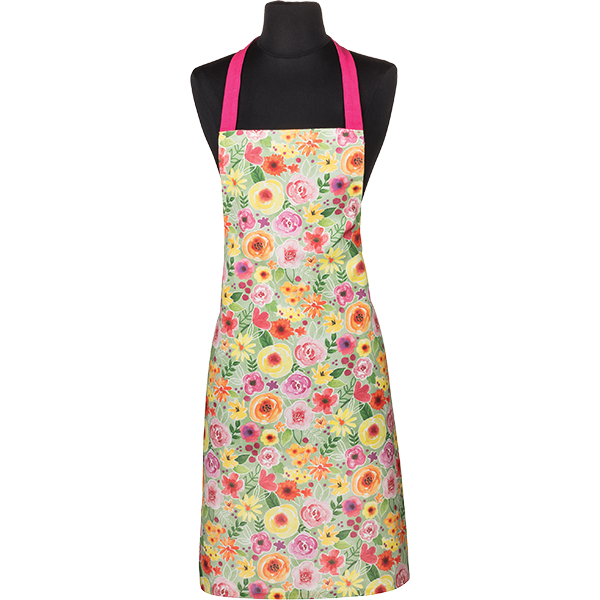NRF Welcomes Legislation to Fight Organized Retail Crime, Says Retailers Can’t Afford Losses from Theft During Recession
Washington, DC — The National Retail Federation today welcomed legislation intended to help law enforcement fight the $30 billion-a-year problem of organized retail crime, saying introduction comes at a time when the nation’s economic crisis has more shoppers turning to “bargain” merchandise they might not realize is stolen or tainted.
“Organized retail crime is a rapidly growing problem, especially as challenging economic times increase the market for stolen merchandise,” NRF Vice President for Loss Prevention Joseph LaRocca said. “Retailers already struggling to survive are seeing their inventory disappear in increasing amounts, and the goods end up at flea markets or on the Internet at prices that put temptation into the path of cash-strapped consumers trying to stretch every dollar. Losses from these crimes ultimately drive up the price of legitimate merchandise at a time when consumers can least afford it, and do serious damage to our nation’s already weakened economy. The legislation being introduced today shows that Congress is ready to stop treating the perpetrators of ORC like petty shoplifters and recognize them for the professional criminals they really are.”
Three major bills on ORC were introduced today: the Combating Organized Retail Crime Act of 2009, sponsored by Senate Majority Whip Richard J. Durbin, D-Ill.; the Organized Retail Crime Act of 2009, sponsored by Representative Brad Ellsworth, D-Ind.; and the E-Fencing Enforcement Act of 2009, sponsored by House Judiciary Committee Crime, Terrorism and Homeland Security Subcommittee Chairman Bobby Scott, D-Va. The measures are similar to legislation first introduced last summer.
All three bills would address organized retail crime, in which groups of professional thieves steal merchandise from stores on a large scale and resell the goods in venues ranging from flea markets to the Internet. ORC rings typically target consumer items that are in high demand but easy to steal like infant formula, razor blades, cosmetics and gift cards, along with more expensive items such as DVDs, CDs, video games, electronics or designer clothing. In addition to the financial loss, ORC can present a public health hazard because items like infant formula or over-the-counter medications might be improperly stored or mislabeled.
While the bills offer different approaches to combating ORC, taken together they would define ORC as a federal crime for the first time, require review and necessary amendments of federal sentencing guidelines for criminals convicted of ORC, require operators of online auction sites to cooperate with retailers and law enforcement officials in their investigations of ORC, and, in some cases, hold auction sites responsible for the sale of stolen merchandise that could have been prevented.
LaRocca said online “e-fencing” has become thieves’ preferred method for disposing of stolen retail merchandise because they can receive as much as 70 percent of its retail value, compared with 30 percent on a street corner or at a pawn shop. The anonymity of the Internet also reduces the chances of apprehension. LaRocca said measures specific to the Internet are necessary because online auction operators don’t do enough to cooperate with retailers to stop ORC, typically working with police only after an incident is reported and not taking sufficient proactive steps to keep stolen merchandise off their sites.
Retailers lose as much as $30 billion to ORC each year, according to the FBI and retail loss prevention experts, and an NRF survey found a record 85 percent of retailers were victims of ORC in the past year.
NRF is leading retailers’ efforts to fight ORC. NRF helped create the Law Enforcement Retail Partnership Network (LERPnet) database of ORC information, operates the Investigator’s Network of more than 1,200 retail loss prevention professionals, and conducts an annual ORC survey.
The National Retail Federation is the world’s largest retail trade association, with membership that comprises all retail formats and channels of distribution including department, specialty, discount, catalog, Internet, independent stores, chain restaurants, drug stores and grocery stores as well as the industry’s key trading partners of retail goods and services. NRF represents an industry with more than 1.6 million U.S. retail establishments, more than 24 million employees – about one in five American workers – and 2008 sales of $4.6 trillion. As the industry umbrella group, NRF also represents more than 100 state, national and international retail associations. www.nrf.com.























